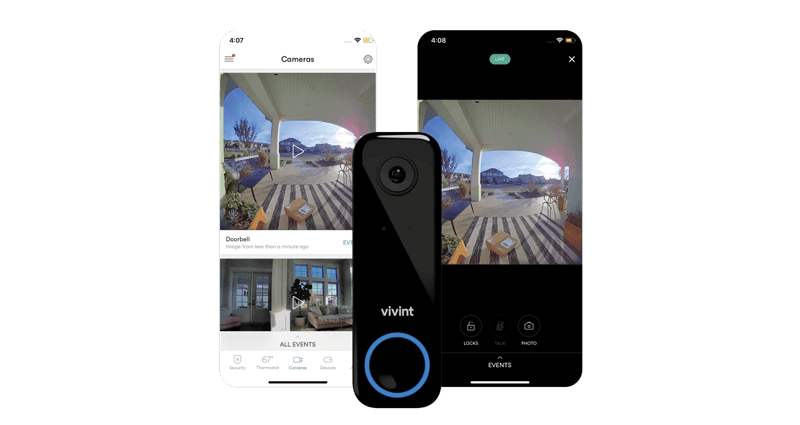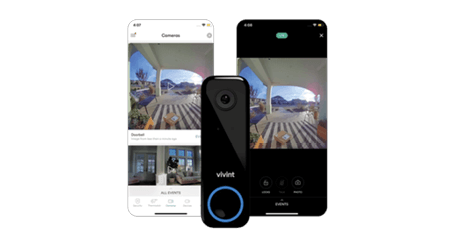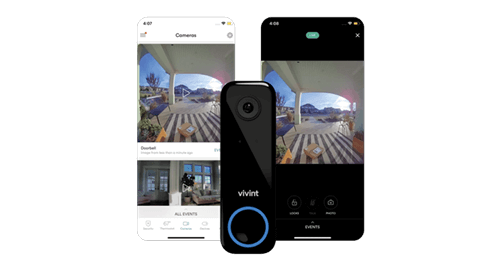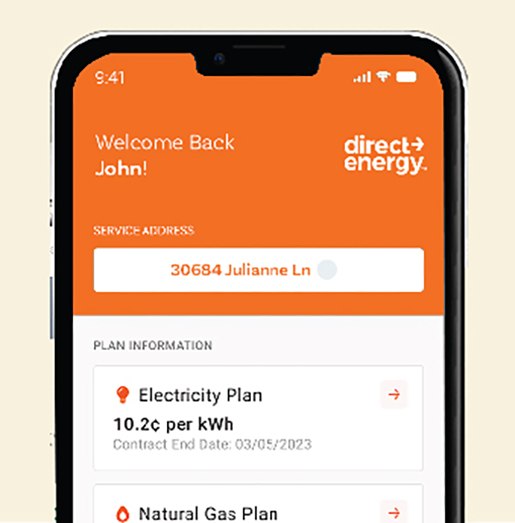Understanding electricity rates: The basics
The more you understand your electricity plan, the better you can feel about your choice. Let’s start with the basics: electricity rate structures and how where you live might influence your choices.
What is a variable rate?
A variable-rate electricity plan is a bit like riding a wave; it rises and falls based on market conditions. Your price can change periodically depending on factors like weather, fuel costs, and energy supply and demand. This makes variable-rate plans more dynamic, but also less predictable.
In deregulated states like Texas, Ohio, and Pennsylvania (where consumers can choose their electricity provider), variable-rate plans can offer extra flexibility. You often have more providers to choose from, shorter contract commitments and even the option to support renewable energy sources like wind or solar. These plans can be a great fit for customers who value flexibility over fixed pricing and don’t mind market-driven fluctuations.
In regulated states, where there’s one utility company that controls the entire electricity supply chain, variable-rate options may be limited. Your local utility may adjust rates seasonally or based on broader pricing structures, but customers may not have the option to shop around or switch between plans through different energy providers.
What is a fixed rate?
A fixed-rate energy plan allows you to lock in a consistent price for the duration of your contract. That means your rate stays the same regardless of what’s happening in the energy market, giving you a steadier and more reliable bill each month (based on how much energy you use).
In energy choice markets, fixed-rate plans often come with more control and customization. You can choose the term length that works best for you, find plans with built-in renewable energy options and compare provider incentives and add-ons to ensure you get the best fit for your energy needs and budget.
In regulated states, fixed rates typically come directly from the utility, leaving little room for customization. While the pricing may be stable for set billing periods, customers usually don’t get a say in selecting their plan or energy supplier.
Comparing fixed and variable rates
Now let's have a closer look at fixed vs. variable rates and how they relate to your electricity budget and your lifestyle.
Key differences and what they mean for you
Choosing between a fixed-rate or variable-rate plan really comes down to how you like to manage your household (or business) and your energy expenses.
Fixed-rate plans offer consistency. Your rate stays the same each month, which can make it much easier to plan your budget based on your average monthly usage. If you like knowing what to expect, this type of plan can help deliver some peace of mind.
Variable-rate plans, on the other hand, offer flexibility. Your rate can fluctuate based on market conditions, which means some months may cost more, while others might come in under budget. For people who don't mind a little variability and want the freedom to adjust or explore shorter-term options, this can be a great fit. Plus, since variable-rate plans are generally month-to-month, you’re able to switch plans if you find a better option without fear of early termination fees.
Pros and cons of each plan type
Each plan serves a different type of customer and lifestyle. To help you weigh what matters most, here’s an easy breakdown of the pros and cons of each plan type:
Pros of fixed-rate plans:
- Predictable costs month-to-month
- Easier to build a predictable household or business budget
- May include renewable energy options for sustainable households
Cons of fixed-rate plans:
- May come with a contract and early termination fees
- Less flexibility if you’re moving or switching providers soon
Pros of variable-rate plans:
- Flexible contract terms, often month-to-month
- Opportunity to save during periods of lower market pricing
- Freedom to switch plans or providers more easily
- Includes access to innovative renewable energy options (in some markets)
Cons of variable-rate plans:
- Pricing may increase during high-demand periods
- Less predictable billing amounts each month
Navigating market conditions
Electricity rates are influenced by real-world conditions and can change quickly when those conditions shift.
How market volatility affects rates
Electricity production is dependent on many variables. For instance, it’s tied to fuel costs, weather patterns, global demand and regulatory changes. When those factors shift, variable electricity rates often change right along with them.
The importance of predictability vs. flexibility
When it comes to energy plans, it’s not just about the numbers; it’s about how much control or certainty you’re comfortable with in everyday life.
If you like things steady and prefer to set a monthly budget without worrying about market shifts, a fixed-rate plan can help deliver that peace of mind.
But if you’re someone who likes the freedom to pivot — maybe you're keeping an eye on energy trends, using less during off-peak times or exploring greener options — a variable-rate plan offers that kind of flexibility.
Understanding contract lengths
Most fixed-rate plans come with a contract, typically between 12 and 36 months. If you live in a deregulated state, you have the ability to switch providers, but make sure you know your plan’s terms so you can avoid cancellation fees, which may apply based on the terms of your contract.
Variable-rate plans tend to be more short-term, offering monthly agreements that provide flexibility to change providers or plan types depending on pricing, energy usage, or other factors, like wanting to choose a renewable energy plan with less commitment.
Which plan is right for you?
At the end of the day, choosing between a fixed or variable electricity rate depends on your priorities: stability or flexibility, ease or opportunity, long-term planning or month-to-month adaptability.
If you’re looking for reliable pricing, want support for renewable energy and value consistency, a fixed-rate plan checks all the boxes. If you like the idea of staying nimble, possibly saving on market dips, or customizing your plan based on short-term needs, variable-rate options may fit better.
At Direct Energy, we're not just here to provide you with electricity; we're here to help you find the plan that best fits your needs. Need help deciding? We're happy to walk through all our plan options to find the best plan option for your lifestyle.
Ready to switch your home energy provider? Start shopping Direct Energy electricity plans today!
Frequently asked questions
What is a fixed-rate electricity plan?
A fixed rate means you’ll pay a predetermined rate per kilowatt-hour throughout the life of your contract. This brings price certainty and allows for easier budgeting, even when market conditions change.
What are the benefits of choosing a fixed rate over a variable rate?
Fixed rates offer peace of mind and predictability. They also protect you from market volatility and may come with options to support renewable energy initiatives.
How does market volatility affect variable rates?
Fuel costs, natural events and demand can all contribute to variable-rate fluctuations. While this offers opportunities to save, it can also lead to higher bills when markets are unstable.
Is a fixed or variable electricity plan better for budgeting purposes?
Fixed-rate plans are generally better for budgeting. With a stable rate, your monthly electricity bill depends mostly on usage, not market price changes. This makes it easier to track expenses and plan ahead.



































